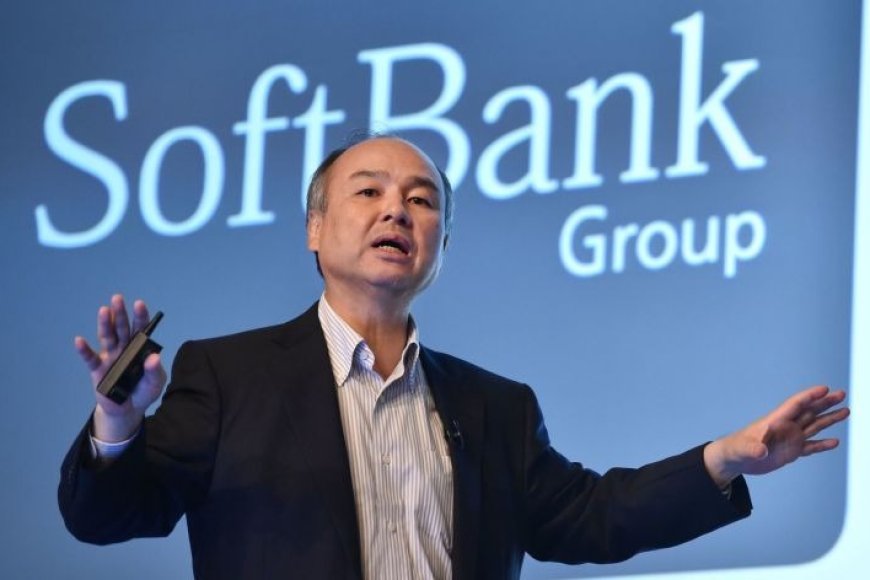
SoftBank Corp, a Japanese telecommunications company, has made history by listing bond-type shares on the Tokyo Stock Exchange, raising a record ¥120 billion (approximately $799 million). The shares exceeded the offering price, trading at 4,035 yen. This unique equity offering, which offers a set dividend of 2.5% and allows redemption by SoftBank after five years, attracted significant interest from both retail and institutional investors.
SoftBank Corp has successfully listed bond-type shares on the Tokyo Stock Exchange, raising a substantial ¥120 billion in funds. The shares, trading at 4,035 yen, have demonstrated strong demand from investors.
SoftBank CEO, Junichi Miyakawa, announced that the funds will be allocated towards realizing the company’s medium-term plans, particularly in the development of “next-generation social infrastructure”. This strategic move is expected to play a pivotal role in facilitating the growth of Japanese homegrown large language models (LLMs).
The listing comes on the heels of SoftBank’s recent launch of a computing platform aimed at developing an LLM by the year 2024. This initiative showcases the company’s commitment to technological advancement and innovation.
Although these shares are classified as equity in accounting terms, they offer a unique feature—a set dividend of 2.5%—and can be redeemed by SoftBank after a period of five years. This distinctive offering has piqued the interest of both retail and institutional investors, demonstrating the appeal of this investment opportunity.
While SoftBank has not disclosed the total demand for these shares, CEO Junichi Miyakawa expressed gratitude for the high level of interest. He remarked, “Frankly, I was surprised.” This successful listing underscores the growing trend of retail investors seeking alternative investment opportunities.
One significant advantage of these publicly listed shares is their accessibility through the tax-efficient Nippon Individual Savings Account (NISA), providing a more attractive option compared to traditional corporate bonds.
The joint bookrunners for this historic listing highlighted its role in encouraging a shift from saving to investment, especially in light of rising interest rates and the diminishing appeal of traditional bank deposits. This aligns with Japanese government policy, which has long aimed to encourage household savings to be channeled into productive investments, given that a significant portion of household financial assets are currently held in cash or bank deposits.
In summary, SoftBank Corp’s innovative listing of bond-type shares marks a significant milestone in Japan’s financial landscape. The strong demand from investors underscores the appeal and potential of this unique offering, which is aligned with broader government efforts to stimulate investment activity.
Also Read: U.S. Manufacturing Takes a Dip in October, Says ISM











